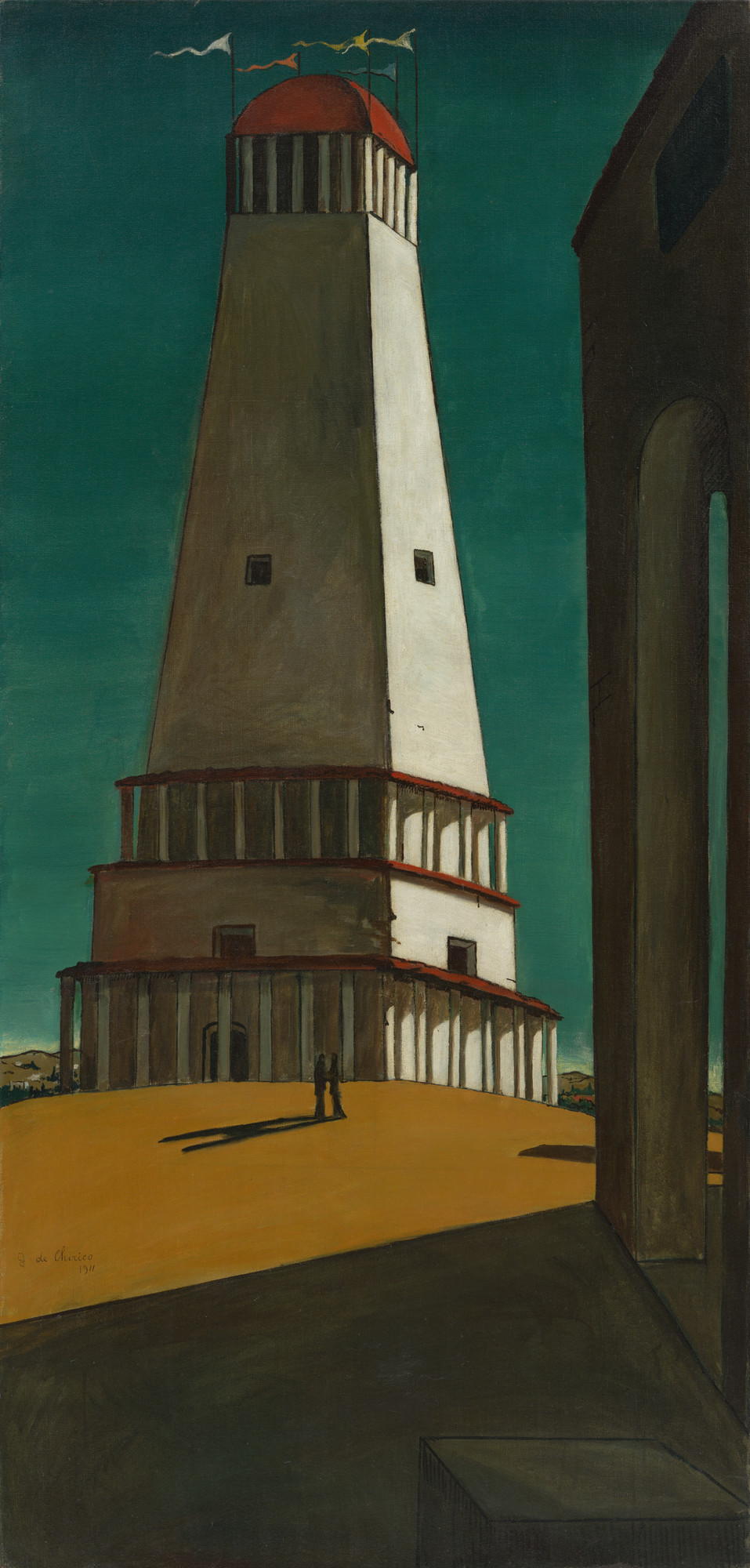You're placing an arbitrary restriction on how video games stories should be told. Just because video games can be an interactive medium why are the other ways they can be used suddenly no longer legitimate?
If unique traits are a mandatory requirement for conveying a gaming narrative then is any 3DS game that doesn't incorporate 3D no longer worthy of recognition?
I mean, insofar as they were trying to be the greatest narrative in 3D, yes, I would say that the narrative is failure if it didn't take advantage of the 3D itself. This isn't saying games should use every single gaming mechanic available to tell their stories, but that they should attempt to weave a level of interactivity within them.
It's not unreasonable to expect a game narrative to take advantage of the fact it is a game, as opposed to a movie, just as we expect a film to take advantage of the fact it is a film, as opposed to just projecting the text of a book on the screen and slowly scrolling down. That's not to say Star Wars shouldn't have an opening text crawl- but that the whole movie shouldn't be a text crawl. Similarly, it's not to say games should completely abandon movie-like cut scenes to tell their stories, but that they could offer more than that.
All too often, I feel that a game's narrative can start to resemble watching an episode of network TV- you get chunks of story interspersed with game play as arbitrary as the advertisements between scenes. Or there are the adventures game where your level of interaction- pressing 'a' to advance the dialogue- is no more deep than pressing 'a' in netflix to select a film. And in the worst case scenario, the gameplay can result in a real dissonance between the story the player is presented and the interactions performed by the player- an example of this, to me, is Uncharted, wherein the fun pulpy adventure is interspersed with the hero brazenly slaughtering hundreds and hundreds of people, with no ability to offer mercy. The best storytelling
in video games, therefore, should be storytelling that uses the game's own interactivity to enhance the storytelling.
I'm picking on Uncharted, but what is the justification for it being a video game and not a movie or tv show? As a gamer, my answer would be that it's more fun to play than watch, hence it's a videogame and not a movie/show. But I can't really think of a reason why it's storytelling
demands that it be told as a videogame. That's not to say it shouldn't be a videogame- I think the rule of fun is a perfectly fine justification- but as an example of videogame storytelling, it ultimately falls short. By comparison, the story in What Remains of Edith Finch is memorable precisely
because the story is interactive. You could remake it as a movie, and the movie might be excellent on its own merits- some might even prefer the film to the game- but it would never be able to replace the experience of playing the game. To use a real world example, I watched one of those 'all cutscenes full movie' youtube videos for Injustice 2. I liked it a lot, but felt no desire to play through the story on my own. That, to me, can never be the pinnacle of video game storytelling- it could certainly end up being the pinnacle of cinematic storytelling, but that's a different medium.



